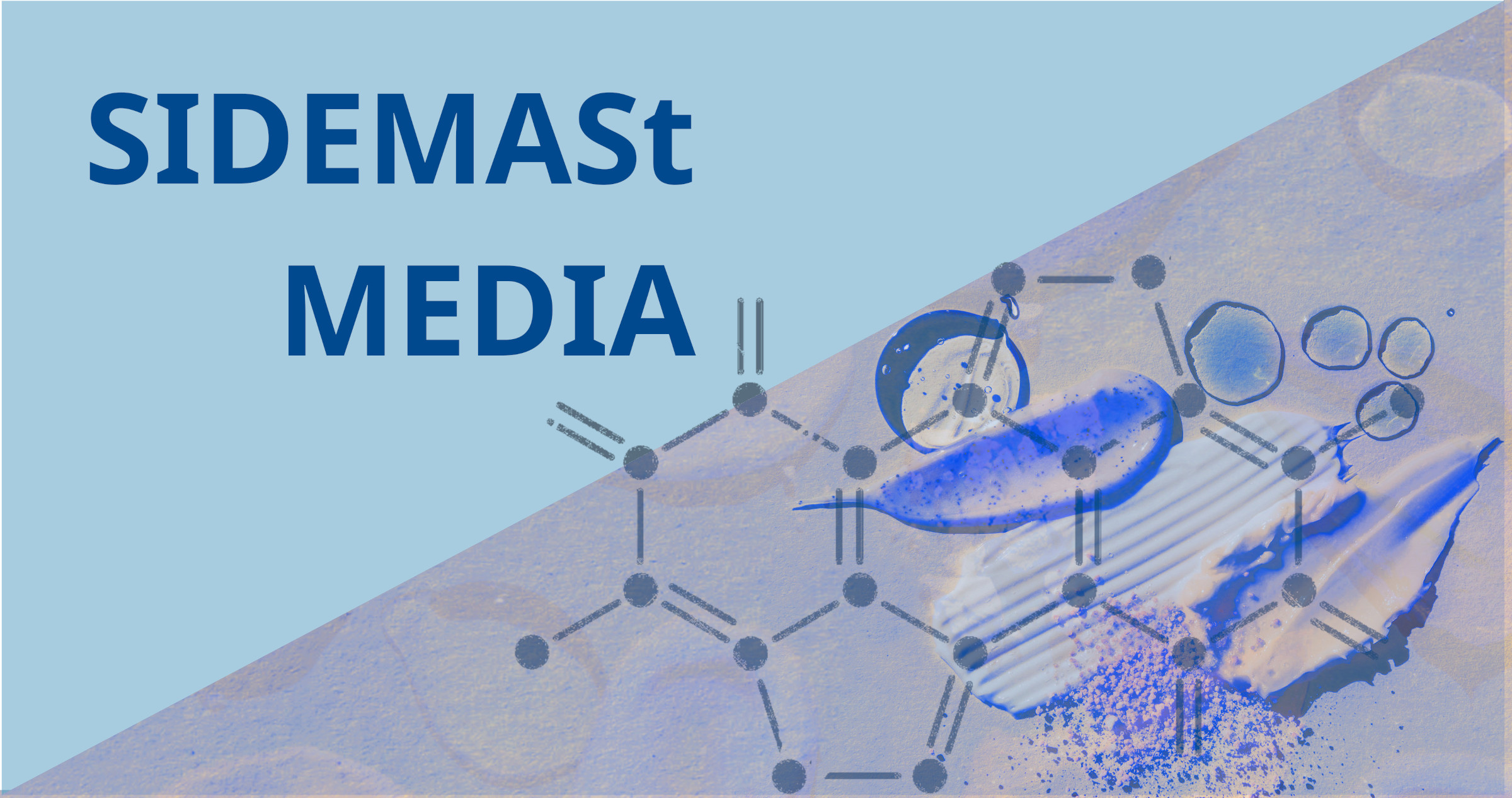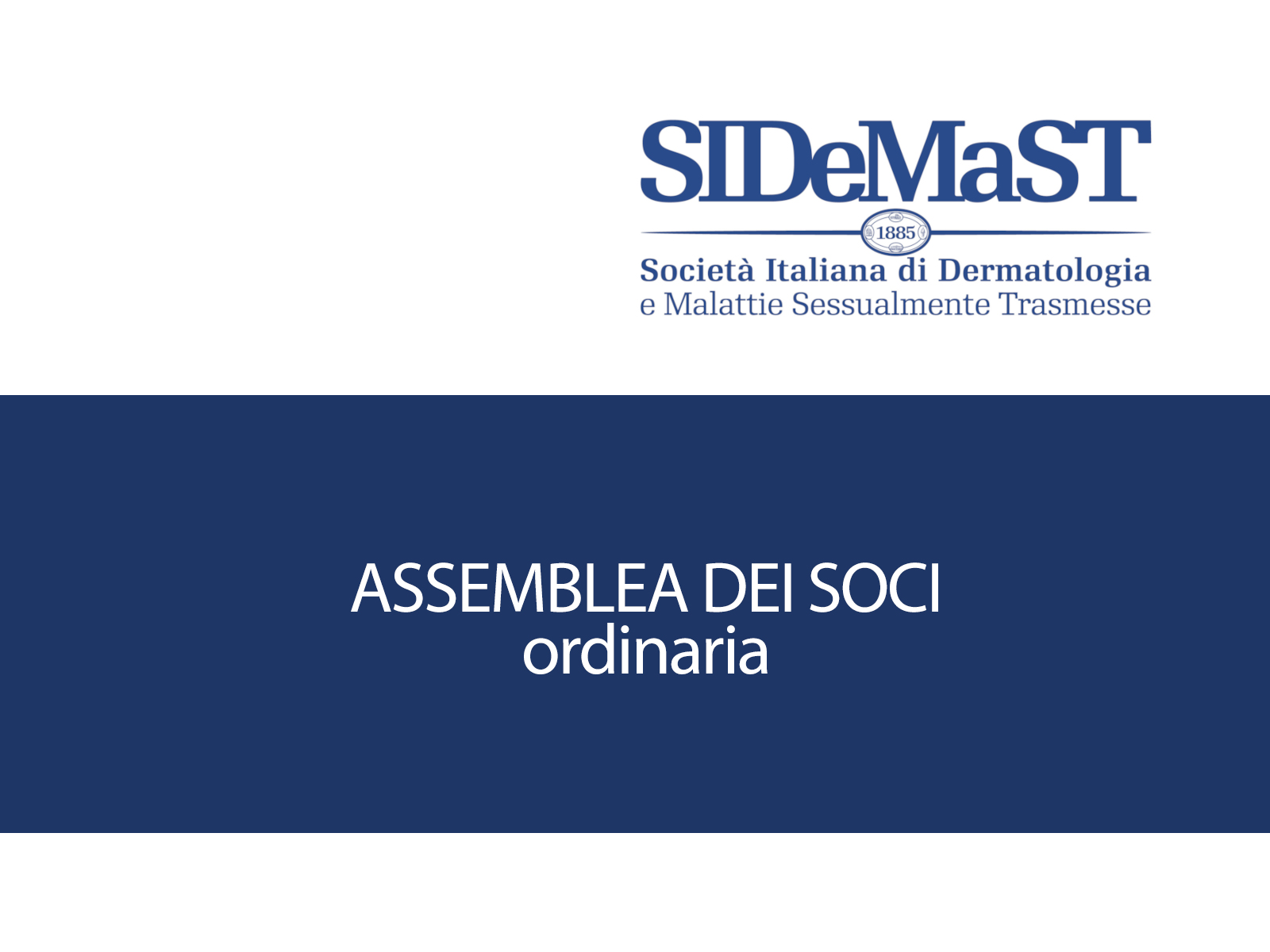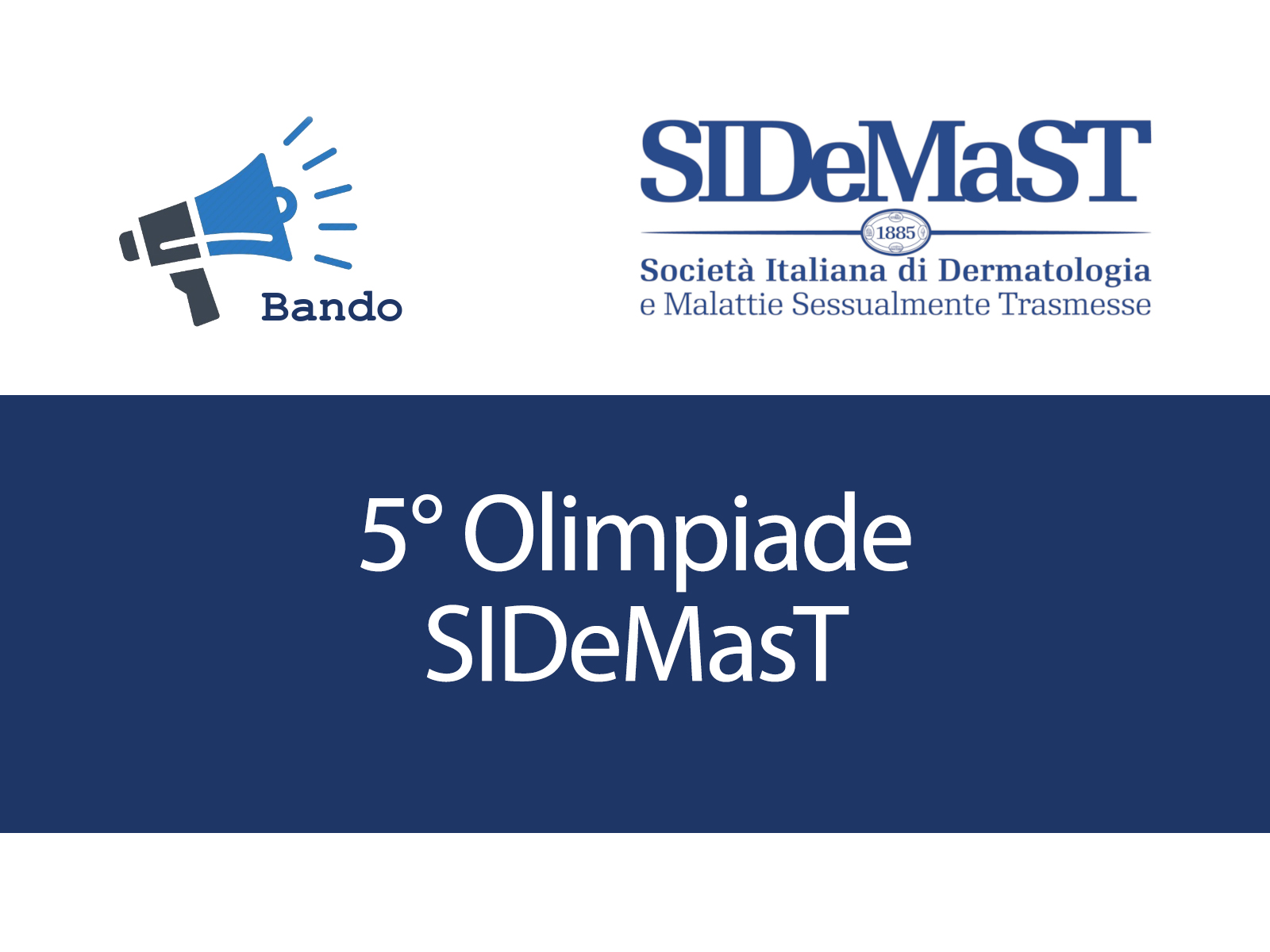The novel drug dupilumab provides robust and rapid improvement in patient-reported atopic dermatitis itching and other symptoms, researchers reported here on February 22 at the 2015 Annual Meeting of the American Allergy Asthma and Immunology (AAAAI).
The injection drug, which has received designation as a breakthrough therapy by the US Food and Drug Administration (FDA), is a fully-human monoclonal antibody targeting interleukin-4 and interleukin-13, both key in the inflammatory process. Earlier studies have shown significant improvement in eczema symptoms.
For the current phase 2 study, Eric Simpson, MD, Oregon Health & Science University, Portland, Oregon, and colleagues randomised 380 patients with moderate to severe atopic dermatitis in equal groups to receive 16 weeks of placebo or subcutaneous dupilumab at various doses (100 mg or 300 every 4 weeks, 200 mg or 300 mg every 2 weeks, or 300 mg weekly).
Patients had a mean age of 37 years and a mean duration of atopic dermatitis of 28 years.
After 16 weeks, dupilumab was found to significantly reduce patient-reported itching on Pruritus Numeric Rating Scale, with a greater than 3-point decrease among 20% to 54% of patients, compared with only 8.2% in the placebo group (P < .0005 for all doses except 100 mg every 4 weeks, which was P < .05).
Significant improvements were also seen in all dupilumab dose groups, except 100 mg every 4 weeks, along with improvements in sleep measures on the Scoring Atopic Dermatitis (SCORAD) and Patient Oriented Eczema Measure indexes (P < .0005 all doses except 100 mg every 4 weeks).
Patients receiving dupilumab had significant reductions in symptoms of depression and anxiety, with Hospital Anxiety and Depression Scale scores indicating decreases of anxiety or depression by 66.7% to 75%, compared with 22.2% in placebo group (P < .05 for all doses).
The most common adverse events in patients receiving dupilumab versus placebo were nasopharyngitis (20.6% vs 21.3%), headache (11.1% vs 3.3%), and injection site reaction (9.5% vs 3.3%).
"In adults with moderate to severe AD, dupilumab significantly reduced patient-reported itch relative to placebo, with concomitant improvements on patient-reported outcomes that evaluated sleep, mood, and quality of life," the authors wrote in their presentation.
Funding for this study was provided by Regeneron Pharmaceuticals and Sanofi.







